As ANZAC Day approaches, InSight+ explores life as a military doctor and the importance of this day to doctors in uniform.
Two senior military doctors have spoken to InSight+ about the unique role of medical professionals in the Australian Defence Force (ADF), as part of commemorations for ANZAC Day.
Brigadier Isaac Seidl AM, Director General of Operational Health in the Joint Health Command in the ADF, said military doctors develop long term relationships with the personnel they serve with.
“As a doctor, we can begin to understand our role, in preparing our serving personnel, in providing treatment for them while deployed, and, importantly, continuing to care for them on their return and through their lives,” Brigadier Seidl told InSight+.
Brigadier Seidl has specialist qualifications in medical administration and general practice.
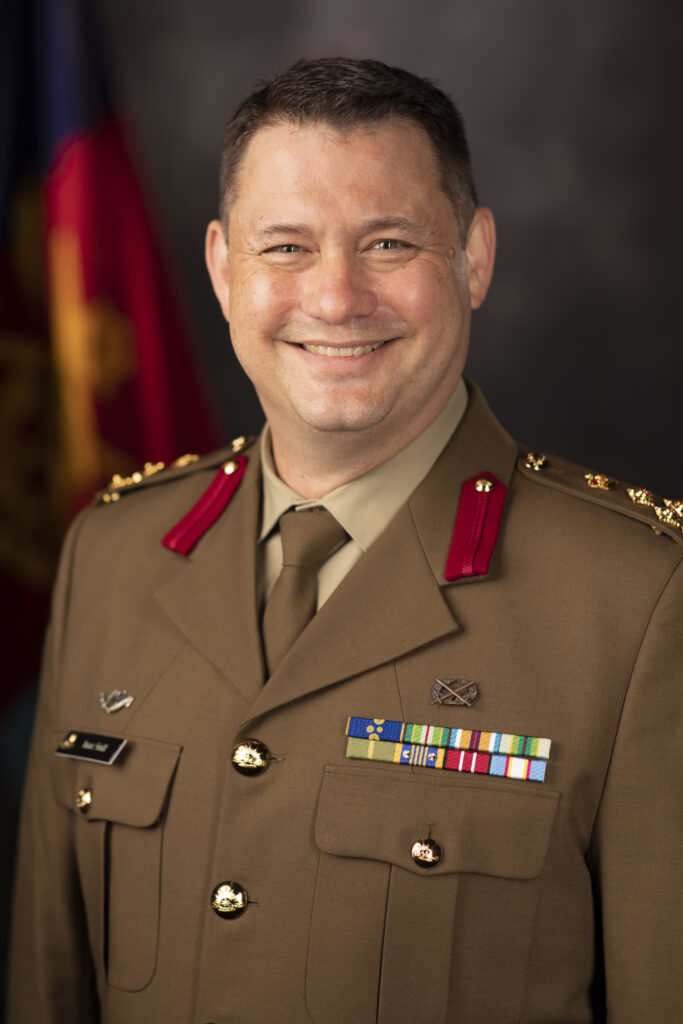
A time to pause and reflect
He said ANZAC Day is a time to pause and reflect on the sacrifices of all those who have served our nation.
“[Service is] a broad term – including those who served in uniform but never deployed, through to those who made the ultimate sacrifice. Remembrance is personal.
“We can try to march in the boots of our forebears, though some of the suffering is inconceivable.”
Brigadier Seidl completed his medical training at the University of Western Australia.
He has undertaken a number of Army appointments across various military environments, including deployments to East Timor, Pakistan and the Middle East.
He said there are about 200 doctors serving in the permanent forces and about 500 reservists.
“We’re a very small component of the medical profession. If you put all the doctors in Australia in the MCG [Melbourne Cricket Ground], you’d fill the stands. Just the doctors of the ADF would barely fill the Long Room [at the Melbourne Cricket Club].
“But what our experience brings to the profession is a balanced view of health care in different environments. Of leadership. Of service.
“But also, given that more than half a million Australians are veterans, these people need to know that Australian doctors will understand their needs – and having doctors who are veterans to share our experiences more widely goes some way to do that.”
Military medicine as a “specialty”
Another senior military doctor, Colonel Robert Likeman OAM CSM (Retd), said military medicine incorporates parts of many different medical specialties.
“Military medicine is virtually a specialty in its own right. It is not just general practice, but it does include that,” Colonel Likeman told InSight+ in an exclusive podcast.
“It also includes elements of emergency medicine, public health, sports medicine, and psychiatry.
“On the whole, the patients are young and fit, but some soldiers serve into middle age and beyond, and that adds a different spectrum of disease to manage.
“Doctors enjoy a special relationship with commanders at all levels.
“Good health and emotional wellbeing are pivotal to morale, and good morale is essential for winning battles.
“A Commanding Officer who does not listen to his Resident Medical Officer is a bad Commanding Officer.”
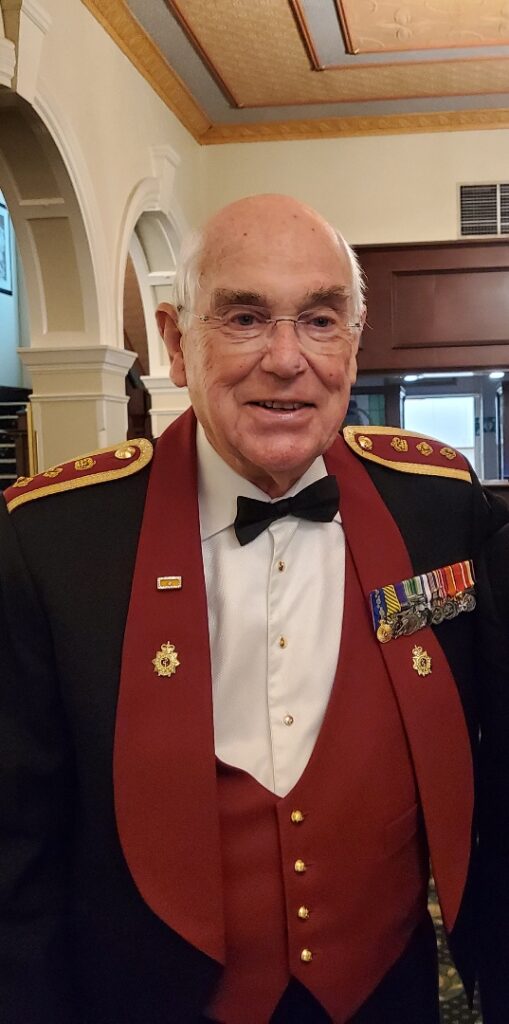
Every doctor “should consider service”
Colonel Likeman encouraged doctors to consider joining the Army Reserve or other services.
“Every doctor should give some consideration to a period of service in the Army Reserve or the other services,” Colonel Likeman said.
“This used to be the case at one time in Australia, but rarely happens today.
“Having a medical degree is not just an entitlement to treat patients, it also carries an obligation to do so. In the same way, being an Australian is not just an entitlement to life in this wonderful country, it also carries an obligation to serve it in some way.
“Giving up time to serve in the reserve forces is a small sacrifice compared with giving your life in battle, and most people find it very rewarding.”
Remembering doctors who have served
Colonel Likeman said there are many doctors throughout the history of the ADF who deserve recognition.
“Neville Howse [VC] is the only doctor who has received the Victoria Cross,” he said.
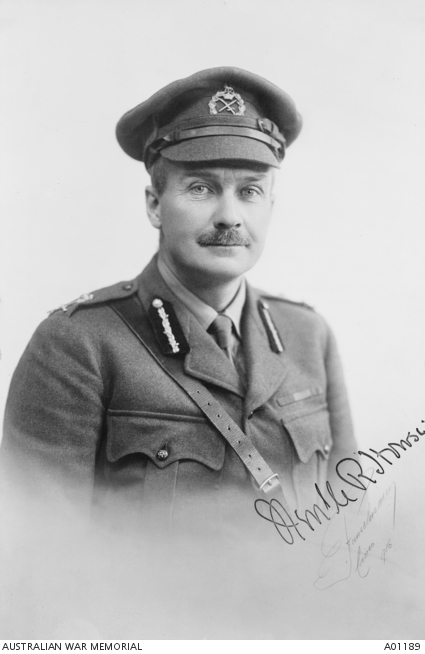
“During the Boer War, he was heroic in going out to the front to collect wounded soldiers, but then they changed the rules for qualifying for a Victoria Cross.”
World War I
“In World War I, Joseph Espie Dods DSO MC MID was decorated at Gallipoli and at Pozières.”
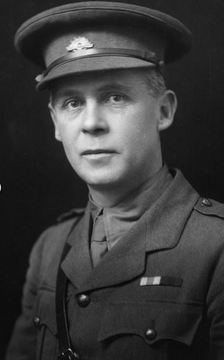
World War II
“Then we come to World War II, and everyone has heard of Weary Dunlop but there are at least a dozen other Australian doctors on the Burma Railway who were just as courageous and heroic that did not get the recognition”.
“Skipper Dorney [Dr Kiernan Dorney AM CBE DSO] was in North Africa and became a prisoner to take care of prisoners. He later escaped from a prisoner of war camp. He became the most highly decorated Australian medical doctor.
“Geoffrey Vernon [MC] was in the Light Horse Field Ambulance in World War I.
“He then served with the Papuan Infantry Battalion on the Kokoda Track, when he was aged in his 60s.”
Korea
“In Korea, Digger James [Major General William Bryan James AC, AO (Mil) MBE MC FRACS] was an infantry officer, won the Military Cross, lost his leg in Korea. He then went to medical school and then served in Vietnam as a surgeon.
“Rising to the rank of Major General, he served as Director General of Army Health Services between 1981 and 1985.”
Vietnam
“In Vietnam, in particular, I would like to recognise John Pearn AM, Peter Byrne AM and Robert Atkinson AM FAMA.”
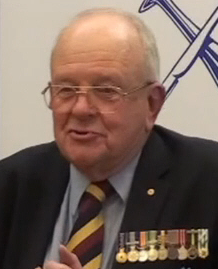
Later deployments
“For later deployments, I’d like to mention Peter Sharwood OAM, who is a surgeon.
He had the greater number of overseas employments of any medical officer in the Australian Army.
“Carol Vaughan Evans MM won the Military Medal in Rwanda. She was the first female officer to receive a bravery declaration in combat.”
“We also remember Susan Felsch who was killed in action in the Western Sahara when she was serving with the UN [United Nations].”
“These are just a few medical officers who have served with distinction.”
Subscribe to the free InSight+ weekly newsletter here. It is available to all readers, not just registered medical practitioners.

 more_vert
more_vert
It’s a pity that, as often happens, this article completely ignores the fact that there are two other services.
One of the key RAAF missions is to conduct aeromedical evacuations, a role it has conducted with distinction since WWII, as was seen in particular by the 2002 and 2005 Bali bombings. Mention should also be made of the medical response by HMAS STUART to a bombing attack on a boarding party from USS FIREBOLT on 24 April 2004 (ie Anzac Day Eve), in which three US sailors were killed and four wounded. There’s also the loss of Shark 02 while conducting humanitarian relief operations at Nias on 2 April 2005: besides the four aircrew, two RAN and three RAAF medical personnel were killed.
Lest we forget.
Neville Howse is the only AUSTRALIAN doctor awarded a VC, but there have certainly been others. Indeed two of the three awards of ‘VC and bar’ (ie a second award) went to British doctors: Arthur Martin-Leake (who was also earlier awarded a Military Cross) and Noel Chavasse.